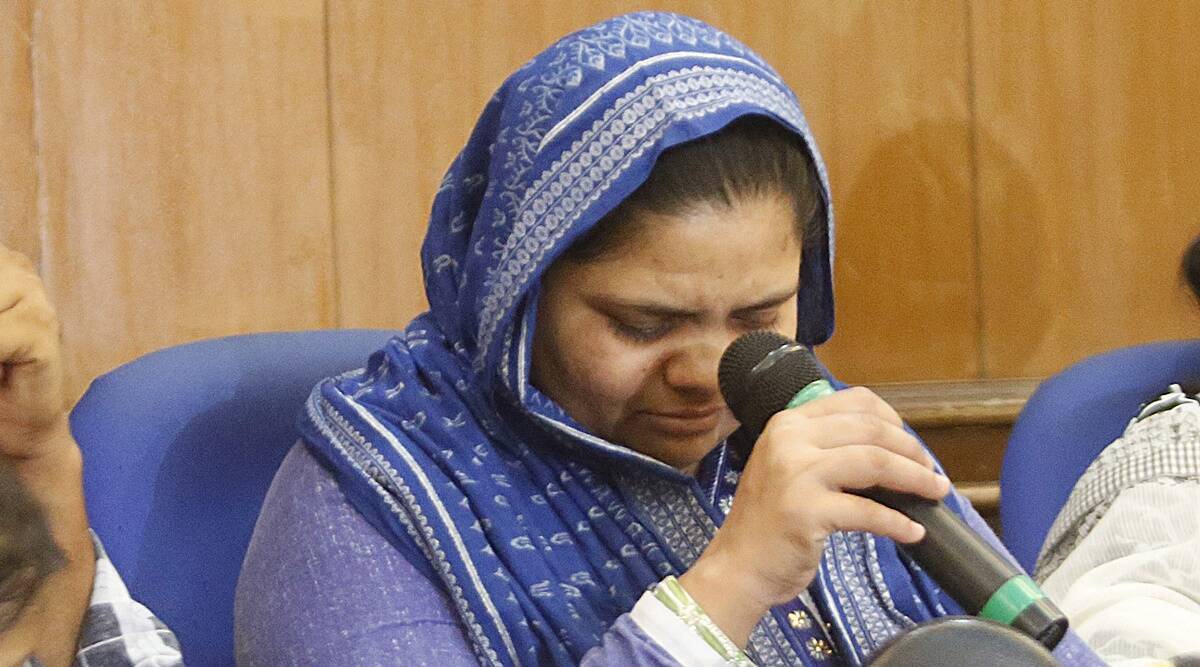On Wednesday, the Chief Justice of India, D. Y. Chandrachud, said that he would form a special bench to hear the petitions challenging the early release of 11 prisoners in the Bilkis Bano gangrape and murder case.
CJI Chandrachud made this statement after Advocate Shobha Gupta, representing Bilkis Bano, raised the issue during mentioning hours when problems requiring immediate action are brought to the Chief Justice’s attention.
Gupta informed the bench, including Justices P S Narasimha and J B Pardiwala, that the case was pending before Justice Ajay Rastogi, who was sitting alongside Judge Bela M Trivedi, who had recused himself from hearing the case. She requested that a special bench be convened to hear the case.
CJI Chandrachud acknowledged the request and promised to schedule a hearing as soon as possible.
There were no stated reasons for Judge Trivedi’s recusal. From 2004 to 2006, she served as law secretary to the Gujarat government.
On March 3, 2002, amid rioting in the Limkheda taluka of Gujarat’s Dahod district, Bilkis was gang-raped and her three-year-old daughter was one of 14 people slain by a mob. The eleven inmates were released on August 15, 2012, one year ago.
In her appeal, Bilkis stated, “The premature mass release of criminals… has rocked the conscience of society.” She stated that the Supreme Court had ruled in the past that mass pardons are not permissible and that each convict’s case must be evaluated independently prior to granting relief.
She described it as “one of the most heinous atrocities this country has ever witnessed” and stated that the early release of the convicts shocked not only her but also her adult daughters, family, and society in general, nationally and internationally. Bilkis, recounting her ordeal, stated that their premature release had also “revivified” her anguish.
On December 13, 2022, the Supreme Court rejected a petition by Bilkis seeking a review of its May 2022 order stating that the Gujarat government was the appropriate government to decide the prayer for remission by one of the 11 convicts sentenced to life imprisonment in the case and that the state’s 1992 remission policy would apply.
